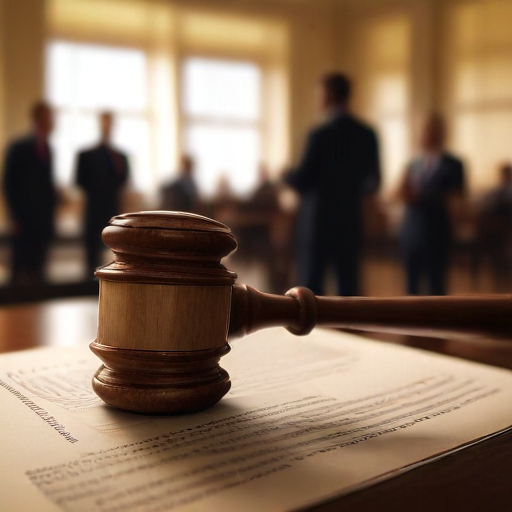U.S. President Joe Biden has granted a presidential pardon to his son, Hunter Biden, who was facing sentencing on two separate criminal cases. This decision has stirred controversy given that President Biden had previously dismissed the idea of issuing a pardon for his son. He has justified the pardon by claiming that the legal actions taken against Hunter were politically motivated, echoing a sentiment that has often been voiced by those in positions of political power.
Hunter Biden was due for sentencing concerning two federal cases shining a light on his actions. He was found guilty in June of lying about his drug use when acquiring a firearm—a first for the children of sitting U.S. presidents. Additionally, he had pleaded guilty in a separate federal tax case that involved allegations of a failure to pay taxes on income during a four-year span from 2016 to 2019. Legal experts estimate that while he faced significant prison time, he would likely serve shorter sentences that could run concurrently.
A presidential pardon, as designated by the Constitution, affords the president the authority to grant reprieves and pardons for offenses against the United States, excluding impeachment cases. The pardon bestowed to Hunter Biden is comprehensive, addressing any potential federal crimes committed from January 2014 through December 2024, a timeframe that includes both the gun and tax offenses and even extends to his involvement with Burisma, a Ukrainian energy firm during his father’s vice presidency.
The act of pardoning symbolizes legal forgiveness; it ends any further punishment and reinstates civil rights like voting or holding office. Presidents have utilized their clemency powers throughout history, consistently granting pardons across party lines. Joe Biden’s pardon of his son marks the 26th such clemency decision during his presidency. Comparatively, Donald Trump issued 237 acts of clemency, while Barack Obama dispensed a significantly greater number at 1,927.
The pardon issued by President Biden reflects a broader trend in U.S. presidential history, wherein incumbents have often used their clemency powers to assist individuals close to them. This decision has sparked discussions on the implications of political influence on legal processes and the nature of accountability in public service.
While this situation has become a flashpoint for political debate, it also serves as a reminder of the complexity of human relationships and the moral dilemmas faced by leaders balancing personal and public responsibilities.
In conclusion, as this narrative unfolds, it demonstrates the ongoing evolution of accountability within the political realm, and the need for continued discussions around the intersection of law, politics, and familial ties. It may also encourage greater scrutiny of the legal system, prompting demands for reform that ensure fair treatment for all individuals, regardless of their connections.
